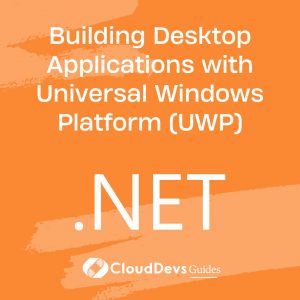What programming languages are supported by .NET?
.NET is a versatile framework that supports multiple programming languages, providing developers with flexibility and choice when building software applications. Whether you’re a fan of object-oriented programming or functional programming, .NET offers a variety of languages to suit your preferences and requirements.
C#: C# (pronounced “C sharp”) is one of the most popular programming languages supported by the .NET framework. Known for its simplicity, versatility, and strong typing, C# is often the language of choice for developing a wide range of applications, including web applications, desktop software, games, and mobile apps. Its syntax is similar to that of other C-style languages, making it relatively easy to learn for developers familiar with languages like C, C++, or Java.
Visual Basic .NET (VB.NET): Visual Basic .NET is another programming language supported by the .NET framework. Originally derived from the classic Visual Basic language, VB.NET offers a more modern and robust syntax while retaining the ease of use and familiarity that made Visual Basic popular among beginner developers. VB.NET is well-suited for building Windows applications, web applications, and enterprise solutions.
F#: F# is a functional-first programming language that is fully supported by the .NET framework. Unlike traditional object-oriented languages like C# and VB.NET, F# emphasizes immutability, pattern matching, and composability, making it ideal for writing concise and expressive code for data-centric and parallel programming tasks. F# is particularly well-suited for mathematical modeling, data analysis, and cloud computing applications.
Other Languages: In addition to C#, VB.NET, and F#, the .NET framework also supports a variety of other programming languages, including but not limited to IronPython, IronRuby, and managed C++. While these languages may not be as commonly used as C# or VB.NET, they offer alternative options for developers with specific needs or preferences.
The .NET framework is designed to be language-agnostic, allowing developers to choose the programming language that best fits their skills and project requirements. Whether you prefer the simplicity of C#, the familiarity of Visual Basic .NET, or the expressiveness of F#, .NET has you covered with a diverse ecosystem of supported languages.







